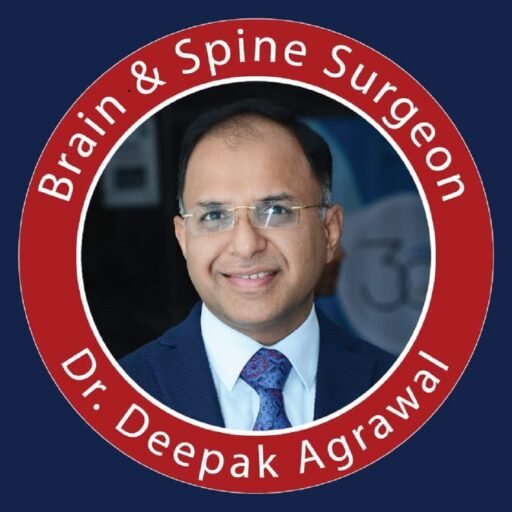Topics
Table of Contents
As a society, we love passing judgements and making rules “for the greater good”. These rules may be based on religious, ethical and moral pillars, which provide the necessary sanction for their use. Euthanasia, also known as “mercy killing” or an individual’s “right to die”, is an issue which most societies across the world refuse to sanction fearing that approval is tantamount to admitting the government’s failure to protect its citizens.

If suicide is legal, why such a hullabaloo about euthanasia? While it may be convenient to sweep the euthanasia ‘dust’ under the carpet, it nevertheless keeps surfacing at frequent intervals, as in the recent case of a 28-year-old Dutch woman who has opted to end her life after fighting depression, autism and personality disorder. This much-publicised news has stirred up the debate about assisted suicide once more.
The word “euthanasia” comes from the Greek euthanatos (easy death) and is defined as the “action of inducing a gentle and easy death”. “Suicide”, derived from the Latin , suicidium is the act of taking one’s own life. And yet, there is not much difference between these two words. After all, both words indicate an individual’s choice to end their life, for whatever reason. The only difference is who administers the lethal dose: in euthanasia, a doctor or a third person, whereas in suicide, the act is carried out by the person themselves.
In India, suicide was a punishable offence until the Mental Healthcare Act, 2017 was passed, effectively decriminalising it. According to the National Crime Records Bureau (NCRB)’s Accidental Deaths and Suicides in India (ADSI) report, 1.71 lakh individuals died by suicide in 2022. This is, reportedly, the highest-ever figure in the last 50 years, while accounting for the rise in population. When we read about the loss of so many lives, it evokes compassion and pity, and some degree of frustration and anger with our society and government.
This begs the question: If suicide is legal, why such a hullabaloo about euthanasia? Why does it move some to anger and judgement? Why does a person need to put a petition in court to be “allowed to die” when they can take their own life? Incidentally, the Netherlands is one of a handful of countries in the world where euthanasia is legal.
Wouldn’t some of those 1.7 lakh individuals want euthanasia if it was available to them? I strongly believe that we, as a society, are failing to help these individuals in getting appropriate treatment and support. Many lives could have been saved if we had provided help and succour when it was needed. But, after all measures are exhausted, there is still a group of people who face unimaginable unmitigated pain for the rest of their days, or whose lives are so truncated that they are essentially cages for beating hearts. At such times, it behoves us to respect the right of these individuals to end their lives and assist them by providing euthanasia under controlled medical conditions.
As a neurosurgeon, I treat patients with severe head injuries, many of whom will remain vegetative for life. And then there are the cancer patients in constant pain or experiencing a loss of bodily functions. When a family is struggling to feed their infants while caring for such members, a little hope goes a long way. Hope gives strength to patients to grit their teeth and bear it, to imagine something better and strive to gain it. A family sacrifices much to keep a loved one alive, no matter what their condition is, as long as there is hope. But when I can’t offer any hope of recovery at all, when science predicts a lifetime of relentless deterioration, when the best supportive care fails to address the patient’s needs, in addition to the patient’s own suffering, the situation drains families emotionally, financially and physically. When each tomorrow is guaranteed to be worse than today, is it any wonder that some of these patients wish to end their suffering? There are certain situations in which euthanasia is the only solution.
Here, I would like to draw a parallel between suicides and alcohol intake. We all know that banning the sale of alcohol has not stopped people from finding ways to access it illegally, even if they might consume adulterated alcohol and possibly be killed in the process. Similarly, individuals wanting to die by suicide will find ways to end their lives, sometimes ending up alive, but in a worse condition. By legalising euthanasia, I do not want to undermine the importance of palliative care or efforts to improve end-of-life support. Rather, I feel that it complements existing health care services by offering a compassionate option for those facing unbearable suffering despite optimal medical treatment.
In any system, there remains potential for misuse. One of the biggest questions facing our society today is who will police the police. But existing without the police is not, and can never be an alternative. We need to have adequate checks and balances in the system which are continuously fine-tuned to offer an optimum balance of autonomy to individuals, and safeguards to prevent abuse.
Dr Deepak Agrawal is professor of neurosurgery, All India Institute of Medical Sciences, New Delhi. He is also a certified advanced trauma life support instructor.
The views expressed are personal…
This article is published on Hindustan Times 
